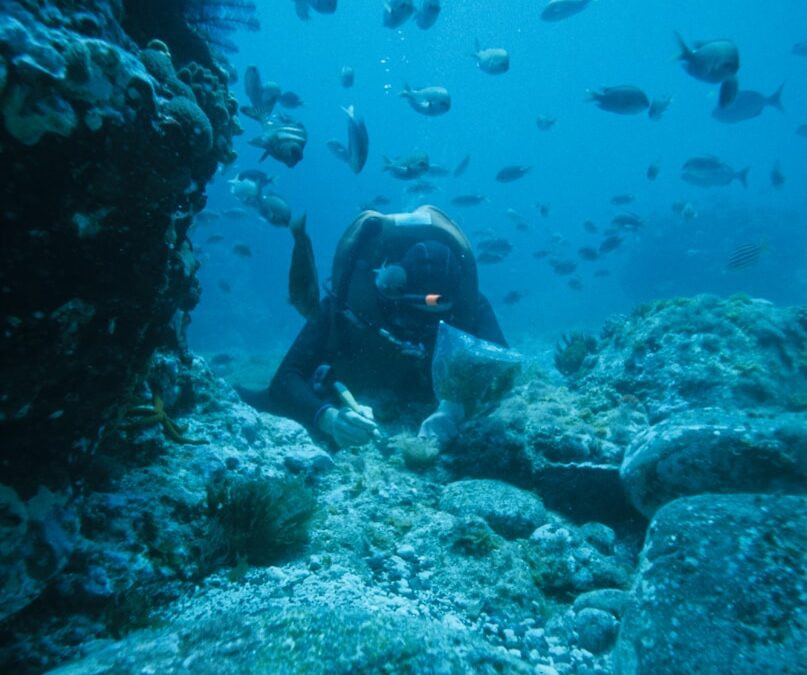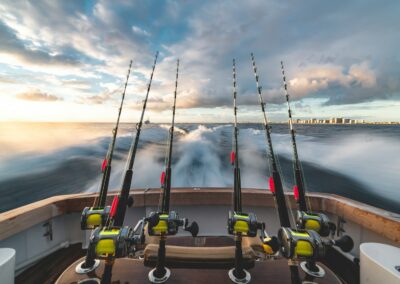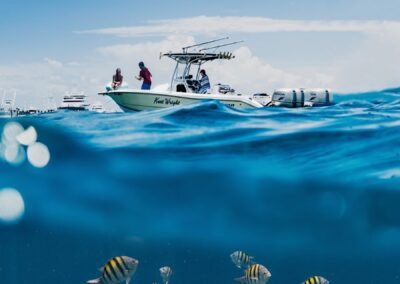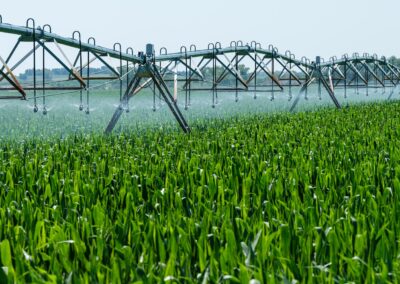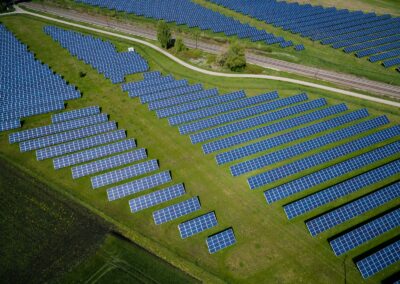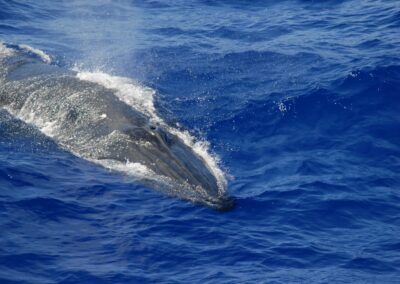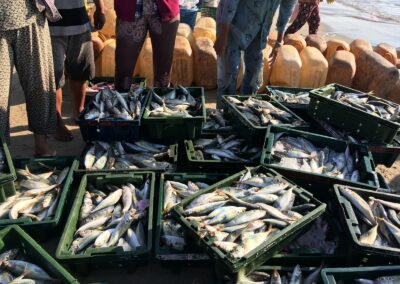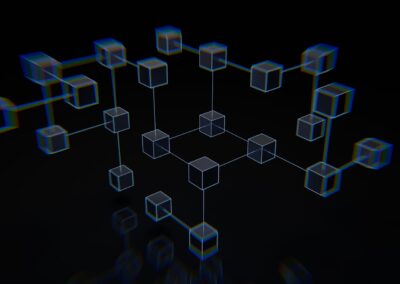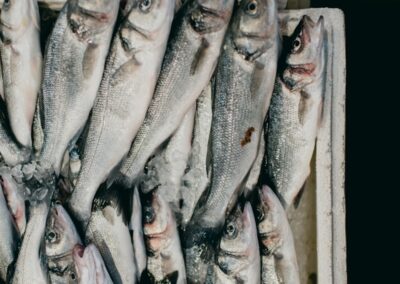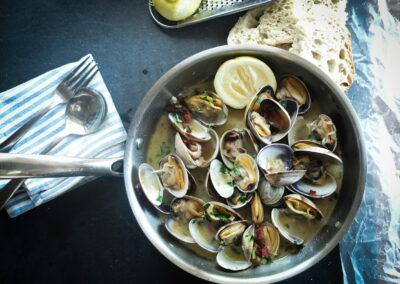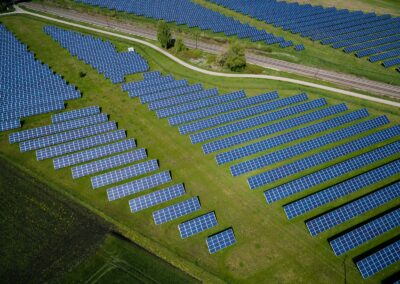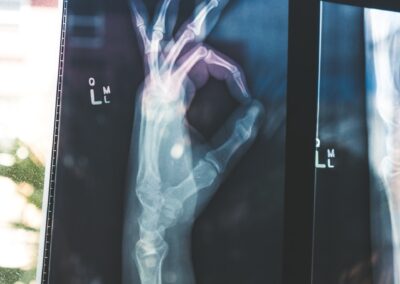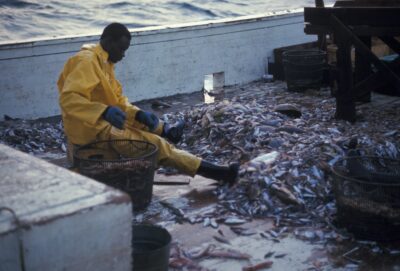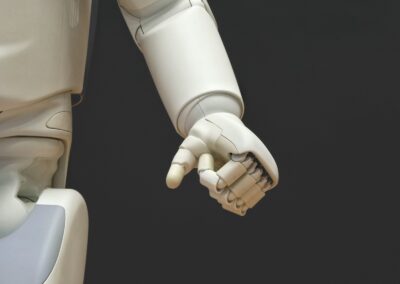Innovative Technologies Transforming Seafood Production
Advancing Aquaculture for Sustainable Seafood
Sustainable fisheries technologies are revolutionizing seafood production, particularly in regions like Saudi Arabia and the UAE. These advancements are vital for meeting the increasing global demand for seafood while ensuring the preservation of marine ecosystems. By integrating cutting-edge technologies such as recirculating aquaculture systems (RAS), countries are enhancing the efficiency and sustainability of aquaculture practices. RAS, for instance, allow for the recycling of water and nutrients within a closed system, significantly reducing the environmental impact compared to traditional fish farming methods.
In Saudi Arabia and the UAE, significant investments are being made to promote sustainable aquaculture. The Saudi Vision 2030 initiative aims to boost the local aquaculture industry by implementing advanced technologies that support sustainable practices. This strategic focus is expected to make Saudi Arabia a leading player in the global seafood market while ensuring environmental stewardship. Similarly, the UAE is investing in innovative aquaculture projects that leverage state-of-the-art technologies to optimize production and minimize ecological footprints.
These advancements are not only improving the efficiency of seafood production but also ensuring the quality and safety of the products. Technologies such as automated feeding systems, water quality monitoring sensors, and disease management tools are enhancing the overall health and growth rates of farmed fish. This holistic approach to aquaculture is paving the way for a sustainable seafood industry that meets consumer demands without compromising environmental integrity.
Enhancing Fisheries Management with AI and Blockchain
Artificial Intelligence (AI) and Blockchain are playing pivotal roles in modernizing fisheries management and conservation efforts. AI-driven tools are being used to monitor fish populations, track migratory patterns, and assess the health of marine ecosystems. By analyzing vast amounts of data, AI can provide insights that help in making informed decisions for sustainable fisheries management. These technologies are crucial for preventing overfishing and ensuring the long-term viability of fish stocks.
In the UAE, AI is being integrated into national fisheries management programs to enhance the precision and effectiveness of conservation efforts. For example, AI-powered drones and underwater robots are used to monitor coral reefs and fish populations, providing real-time data on marine biodiversity. This proactive approach is essential for maintaining healthy marine ecosystems and supporting sustainable fisheries.
Blockchain technology is also transforming the seafood supply chain by ensuring transparency and traceability. By recording every transaction in a decentralized ledger, Blockchain provides a tamper-proof record of the journey of seafood from the ocean to the consumer’s plate. This traceability is crucial for preventing illegal fishing, ensuring food safety, and promoting consumer trust. In Saudi Arabia and the UAE, the adoption of Blockchain in the seafood industry is enhancing regulatory compliance and boosting the reputation of locally produced seafood on the global market.
Future Prospects and Ethical Considerations
The future of sustainable fisheries technologies holds immense promise for driving innovation in seafood production and conservation. Continuous advancements in genetic engineering, bioinformatics, and marine biotechnology are expected to further enhance the efficiency and sustainability of aquaculture practices. In Saudi Arabia and the UAE, ongoing investments in research and development are likely to yield significant breakthroughs that will position these countries as leaders in sustainable seafood production.
However, the rapid advancement of these technologies also raises important ethical and environmental considerations. Issues related to genetic modifications, ecosystem disruptions, and the potential for technological dependency must be carefully managed. Policymakers and industry stakeholders in Saudi Arabia and the UAE are actively engaged in developing regulatory frameworks that ensure the ethical application of these technologies while promoting innovation and sustainability.
In conclusion, advancements in sustainable fisheries technologies are driving significant innovation in seafood production and conservation. By embracing these cutting-edge technologies, Saudi Arabia and the UAE are setting new benchmarks for sustainable aquaculture and fisheries management. As we look to the future, it is crucial to balance technological innovation with ethical considerations to ensure the long-term sustainability of our marine resources. The integration of AI, Blockchain, and other advanced technologies in fisheries is not only enhancing productivity but also ensuring the preservation of marine ecosystems for future generations.
#SustainableFisheries #SeafoodProduction #Conservation #InnovativeTechnology #SaudiArabia #UAE #Riyadh #Dubai

